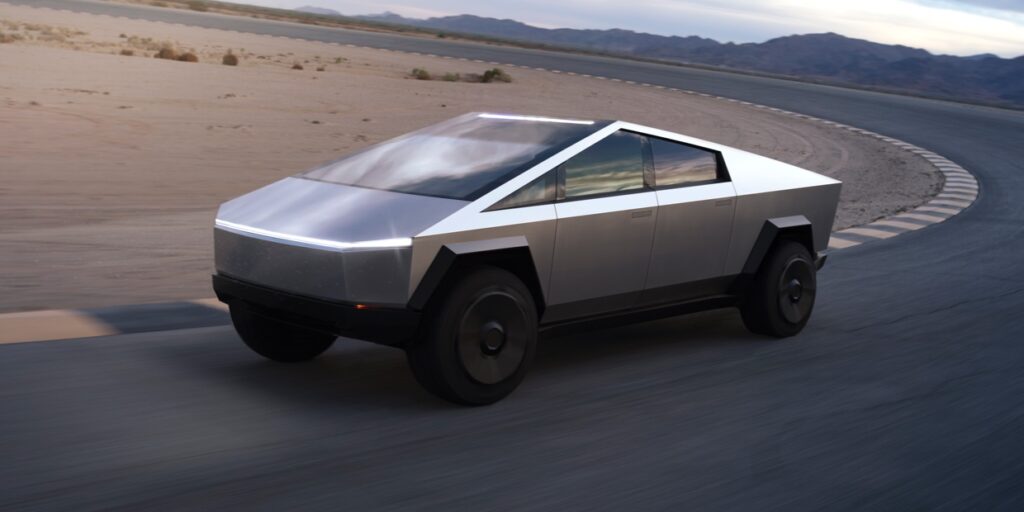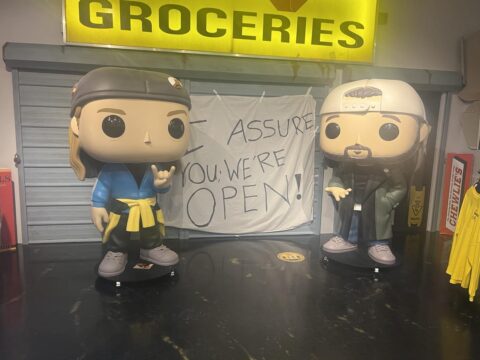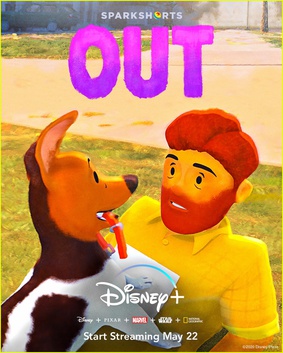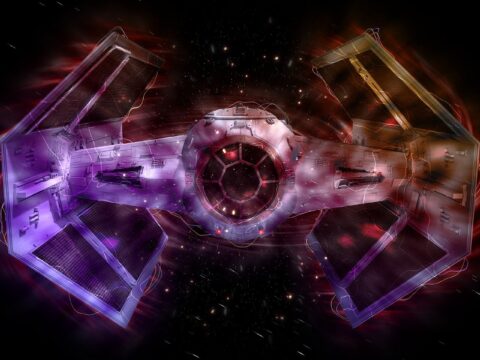Geek culture becoming mainstream is not breaking news. You can find articles dating back to 2010, from such authoritative sources as Wired, reporting that geek culture has gone mainstream.
Ironman, which kicked off the Marvel Cinematic Universe franchise, came out in 2008. Big Bang Theory launched in 2007.
It’s not just that geekish pursuits and media are meandering their way into mainstream pop culture. They’re here.
Last weekend I bought a Baby Yoda shirt at Kohl’s, the epitome of mainstream, suburban, mundane shopping.
Target has an entire Harry Potter section in the children’s department.
Disney’s newest hotel is a replica of the Millennium Falcon.
Disney, for their part, has taken over a disproportionate amount of geek culture, helping to embed it into the mainstream. For the better, many would argue. After all, there’s virtually nothing that can’t be done with a big budget and limitless imagination inspired by Walt Disney’s original Imagineering spirit.
That’s not to say Disney has the monopoly. The D.C. Universe has also taken off in recent years. Thanks to the success of movies like The Justice League and Aquaman, regular people now recognize the names of D.C. superheroes beyond Batman and Superman.
Dozens of excellent science fiction and fantasy shows have developed large followings on cable as well as streaming services.
The Connection Between Technology and Geek Culture
It’s not just excellent characters and stories that have sparked mainstream imagination to adopt geek culture.
Technology that once lingered on the periphery of most people’s consciousness now finds a place in our everyday world. I know at least three people who have named their Roomba vacuums. A robot named Marty follows me around at my local grocery store.
We need only to issue a voice command to our car to make a phone call or set a destination in the GPS. Own a high-tech car like a Tesla with Enhanced Autopilot? You can “summon” your vehicle to drive up to 150 feet through a parking lot to pick you up. (Everyone remember KITT?) Soon, it’s been revealed, your Tesla will be able to speak to you if you wish.
Maybe the pervasiveness of technology, alongside the high quality of geekish media today, has been a driving factor in the adoption of geek culture as “pop culture.”
The future that geeks embraced and dreamed about in our books, movies, and TV shows is here now. And for mainstream consumers, there’s no escaping it.
We have trucks that look like they lumbered straight off the set of Blade Runner. Artificial assistants/smart speakers in our home that are nothing if not the predecessor to Majel Barrett Roddenberry’s computer voice on the original Star Trek series.
While we’re on the subject of Star Trek, I should probably mention the virtual reality goggles sold as an add-on to video game consoles, which can transport us to other worlds in seconds. Or perhaps Total Recall is a more apt analogy than Star Trek’s holodeck.
We may not have our flying cars. But we’re just a handful of innovations (or less) away from a Rosie the Robot housekeeping assistant, Jarvis-level AI in our homes, and manned trips to Mars.
It would be downright shortsighted for mainstream consumers NOT to embrace what SciFi fans and other geeks have been dreaming about for (literally!) centuries. With that acceptance of modern technology comes an interest in the stories and media that have inspired this future.
Geeks Hang On
Even though geek media has been usurped (or, at least, borrowed or shared) by casual mainstream fans, there is still a quality that sets geeks apart. It is the passionate enthusiasm we have for our favorite creations, characters, books, movies, shows, universes (or multi-verses), games, technology, arts…
Whatever we love, we love with child-like glee. Or, as actor Simon Pegg says, we “proudly emote on a childish level….”
Whether you’re a casual consumer of geek culture or a full-fledged geek, we hope you’ll emote with us here at Geek Travel Guide.







